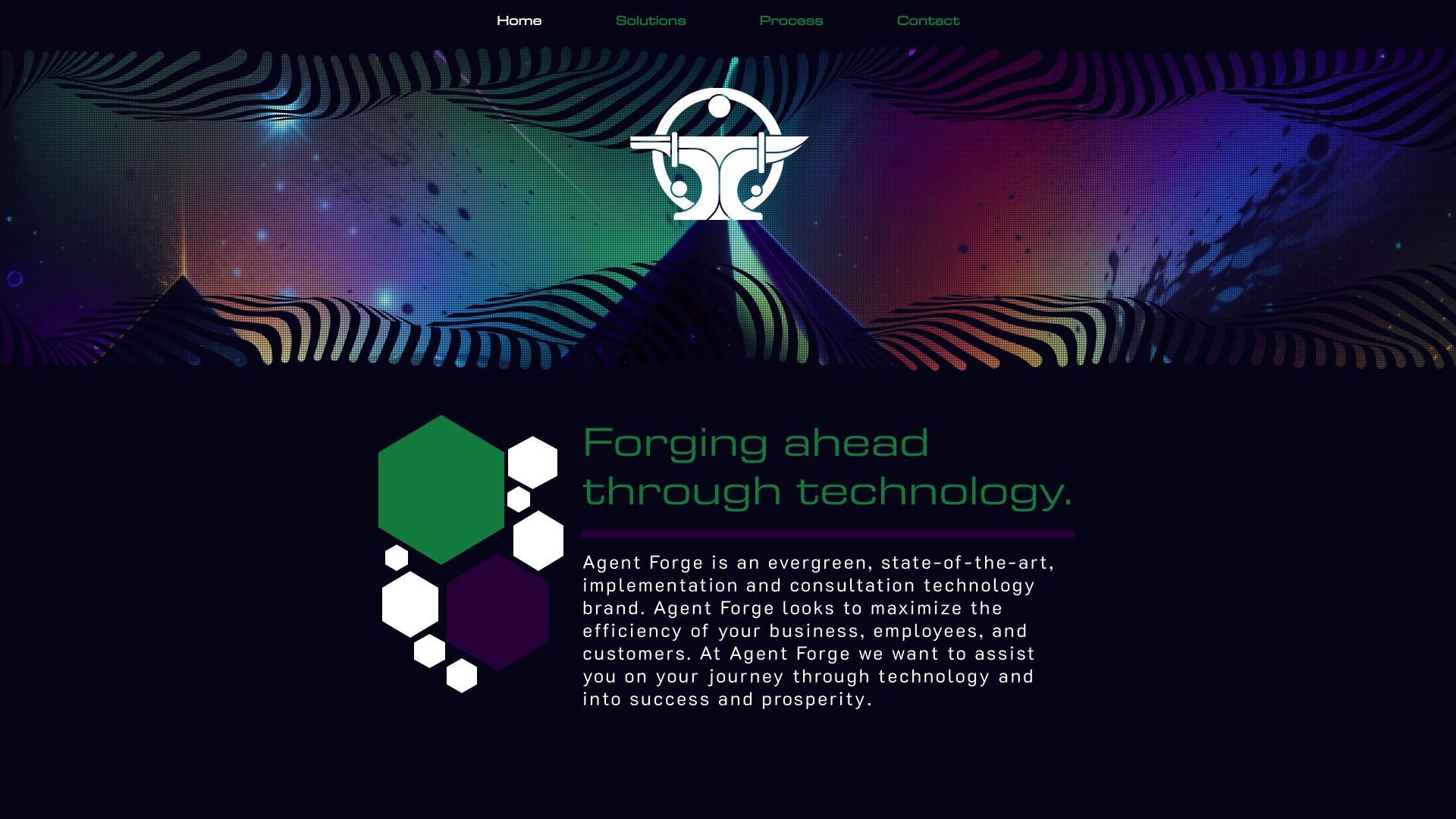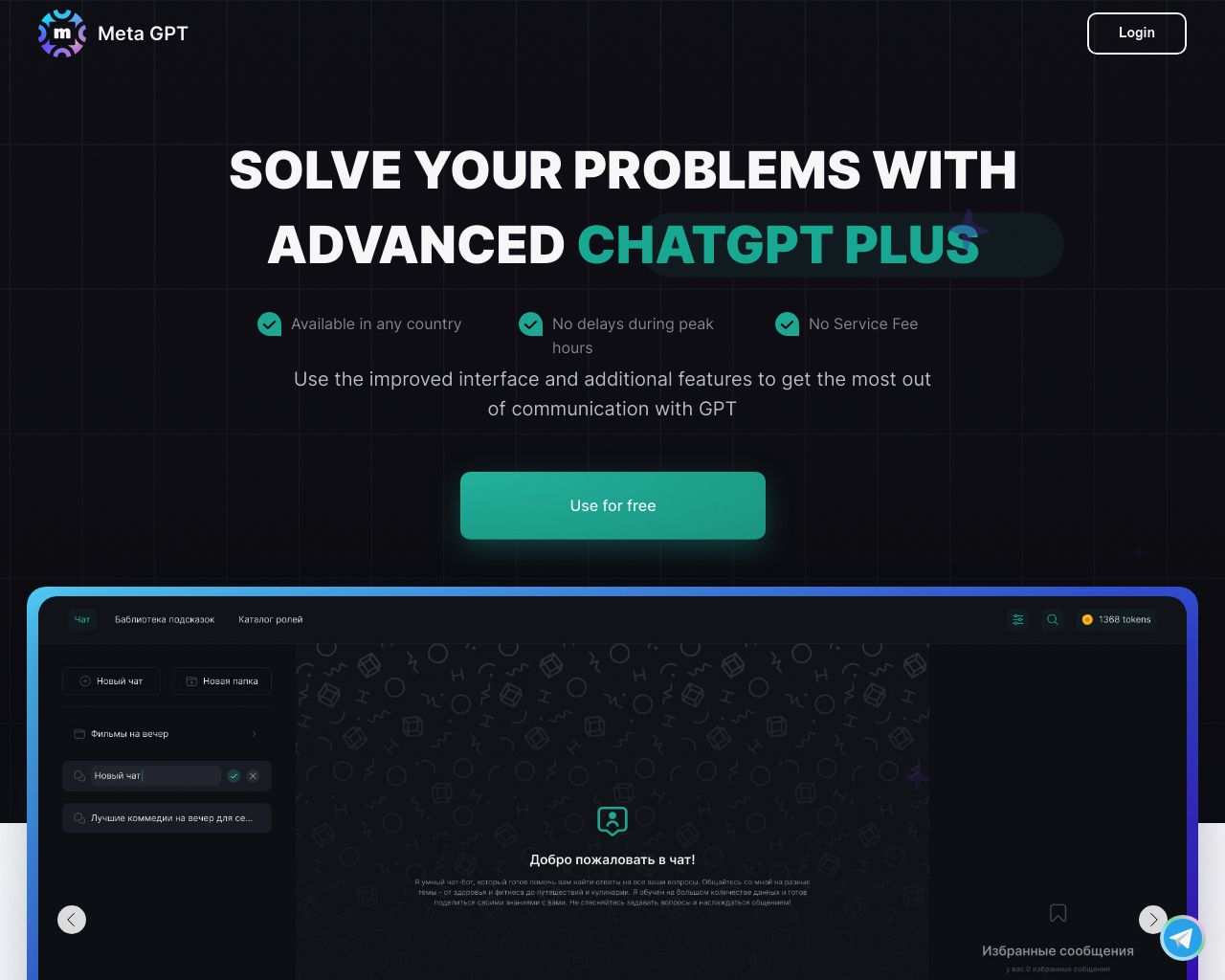AI agent development platforms transform how businesses harness artificial intelligence. Agent Forge vs. MetaGPT offer powerful tools for creating autonomous AI systems, each with unique strengths. Agent Forge provides a flexible framework for building custom agents, while MetaGPT excels in automating software development processes.
This comparison explores their capabilities, use cases, and limitations, contrasting them with SmythOS — a comprehensive platform that combines ease of use with advanced features. Whether you’re a developer seeking customization or a business user looking for accessible AI solutions, this guide will help you navigate the landscape of AI agent builders and choose the best fit for your needs.
Agent Forge Overview
Agent Forge empowers developers to create and manage AI-powered autonomous agents. This open-source Python framework provides tools for building cognitive architectures that automate tasks across various domains.
Agent Forge supports major language models like OpenAI’s GPT, Anthropic’s Claude, and self-hosted options via Oobabooga. Its flexible memory management system, powered by ChromaDB, allows agents to maintain context and learn from interactions. Developers can orchestrate complex workflows using multi-agent scripts, leveraging pre-built templates to accelerate development.
Agent Forge empowers developers to create and manage AI-powered autonomous agents. This open-source Python framework provides tools for building cognitive architectures that automate tasks across various domains.

The framework’s modular design facilitates easy integration of custom data sources and third-party APIs. This extensibility makes Agent Forge suitable for prototyping AI assistants, automating business processes, and developing intelligent conversational interfaces.
While Agent Forge offers powerful capabilities for experienced developers, it lacks a visual builder or no-code editor. This positions it as a low-code solution, requiring some programming knowledge. The framework also doesn’t provide specific features for model explainability or debugging, which may limit its use in certain enterprise scenarios.
Agent Forge’s scalability and adaptability make it a strong choice for long-term AI projects. However, users should consider their technical expertise and specific project requirements when evaluating this platform against other AI agent builders.
MetaGPT Overview
MetaGPT delivers a powerful open-source framework for building collaborative AI agent systems. This platform enables developers to create complex software solutions using a team of specialized AI agents that work together autonomously.
MetaGPT leverages large language models to encode human Standard Operating Procedures (SOPs) into AI agents, enhancing their problem-solving capabilities. The framework features various specialized agents like product managers, architects, engineers, and QA testers that collaborate within a shared environment. This multi-agent approach mimics real-world team dynamics, offering an efficient and realistic approach to project management.
MetaGPT leverages large language models to encode human Standard Operating Procedures (SOPs) into AI agents, enhancing their problem-solving capabilities.

MetaGPT excels at automating complex software development tasks. The system can handle everything from competitive analysis to API creation and documentation, outperforming many competitors in code quality and process compliance. With a single prompt, users can set up an entire virtual software company, streamlining the development lifecycle.
MetaGPT excels at automating complex software development tasks… With a single prompt, users can set up an entire virtual software company, streamlining the development lifecycle.
While MetaGPT offers impressive capabilities for AI-driven software engineering, it lacks some features found in more comprehensive platforms. The framework does not include a visual builder or no-code editor, which may limit accessibility for non-technical users. Additionally, there’s no mention of specific features for explainability, transparency, or debugging, which could impact the ease of troubleshooting and refining AI agents.
MetaGPT integrates with various APIs and supports multiple LLM models, including OpenAI and Anthropic’s offerings. The platform uses ChromaDB as its vector database for agent memory management, enabling efficient data retrieval and context-aware operations. However, the documentation does not mention support for multimodal inputs or outputs, which may restrict its applicability in certain use cases.
Feature Comparison
Agent Forge and MetaGPT offer distinct approaches to AI agent development, each with its own strengths and limitations. Agent Forge provides a flexible, low-code framework for building autonomous agents, while MetaGPT focuses on collaborative AI systems mimicking software development teams.
Agent Forge excels in customizability, allowing developers to integrate various LLM models and APIs. Its modular design facilitates the creation of complex workflows and multi-agent scripts. However, it lacks a visual builder and no-code options, potentially limiting accessibility for non-technical users.
MetaGPT, on the other hand, shines in automating software development processes. Its multi-agent approach, featuring specialized roles like product managers and QA testers, streamlines project management and code generation. While powerful for software engineering tasks, MetaGPT may be less versatile for general-purpose AI agent creation compared to Agent Forge.
Neither platform offers robust features for explainability, transparency, or debugging, which SmythOS provides. SmythOS also surpasses both in offering a visual builder, no-code editor, and more comprehensive deployment options, making it more accessible and versatile for a wider range of users and use cases.
| Agent Forge | MetaGPT | SmythOS | |
|---|---|---|---|
| CORE FEATURES | |||
| Hosted Agents (Dev, Production) | ✅ | ❌ | ✅ |
| Visual Builder | ❌ | ❌ | ✅ |
| No-Code Options | ❌ | ❌ | ✅ |
| Explainability & Transparency | ❌ | ✅ | ✅ |
| Debug Tools | ❌ | ❌ | ✅ |
| Multimodal | ❌ | ❌ | ✅ |
| Audit Logs for Analytics | ❌ | ❌ | ✅ |
| Work as Team | ❌ | ✅ | ✅ |
| Bulk Work | ❌ | ✅ | ✅ |
| Agent Work Scheduler | ❌ | ✅ | ✅ |
| Logs & Monitoring | ❌ | ✅ | ✅ |
| SECURITY | |||
| Constrained Alignment | ❌ | ✅ | ✅ |
| Data Encryption | ❌ | ❌ | ✅ |
| OAuth | ❌ | ❌ | ✅ |
| IP Control | ❌ | ❌ | ✅ |
| COMPONENTS | |||
| Foundation AIs | ❌ | ✅ | ✅ |
| Huggingface AIs | ❌ | ✅ | ✅ |
| Zapier APIs | ❌ | ❌ | ✅ |
| All other APIs, RPA | ❌ | ✅ | ✅ |
| Classifiers | ❌ | ❌ | ✅ |
| Logic | ❌ | ❌ | ✅ |
| Data Lakes | ❌ | ❌ | ✅ |
| DEPLOYMENT OPTIONS (EMBODIMENTS) | |||
| Deploy as API | ❌ | ✅ | ✅ |
| Deploy as Webhook | ❌ | ❌ | ✅ |
| Staging Domains | ❌ | ❌ | ✅ |
| Production Domains | ❌ | ✅ | ✅ |
| API Authentication (OAuth + Key) | ❌ | ❌ | ✅ |
| Deploy as Site Chat | ❌ | ❌ | ✅ |
| Deploy as Scheduled Agent | ❌ | ❌ | ✅ |
| Deploy as GPT | ❌ | ✅ | ✅ |
| Scalability | ❌ | ✅ | ✅ |
| DATA LAKE SUPPORT | |||
| Hosted Vector Database | ❌ | ❌ | ✅ |
| Sitemap Crawler | ❌ | ❌ | ✅ |
| YouTube Transcript Crawler | ❌ | ❌ | ✅ |
| URL Crawler | ❌ | ❌ | ✅ |
| PDF Support | ✅ | ❌ | ✅ |
| Word File Support | ❌ | ❌ | ✅ |
Best Alternative to Agent Forge and MetaGPT
SmythOS stands out as the superior alternative to Agent Forge and MetaGPT for AI agent development and deployment. We offer a comprehensive platform that combines powerful features with unmatched ease of use, making advanced AI capabilities accessible to a wide range of users.
Our visual drag-and-drop interface eliminates the need for extensive coding knowledge, allowing both technical and non-technical users to create sophisticated AI agents quickly. This approach drastically reduces development time and lowers the barrier to entry for AI implementation across various industries.
Our visual drag-and-drop interface eliminates the need for extensive coding knowledge, allowing both technical and non-technical users to create sophisticated AI agents quickly.
Unlike Agent Forge and MetaGPT, SmythOS provides a full suite of deployment options, including APIs, webhooks, scheduled agents, and site chat integrations. This versatility ensures that our platform can adapt to virtually any use case or business requirement. We also offer robust security features, including data encryption and OAuth support, addressing the critical concerns of data protection and access control that are often overlooked by other platforms.
SmythOS excels in its ability to handle complex, real-world scenarios. Our platform supports multimodal interactions, enabling AI agents to process and respond to various data types, including text, images, and audio. This capability, combined with our advanced memory and context management, allows for the creation of highly intelligent and context-aware agents that can tackle sophisticated tasks across multiple domains.
By choosing SmythOS, users gain access to a scalable, future-proof platform that continually evolves to meet the changing demands of AI technology. Our commitment to innovation, coupled with our user-centric design philosophy, ensures that we remain at the forefront of AI agent development, providing our users with the tools they need to stay competitive in an AI-driven world.
Conclusion
Agent Forge and MetaGPT offer powerful tools for AI agent development, each with unique strengths. Agent Forge excels in flexibility and customization, while MetaGPT shines in automating complex software development processes. However, SmythOS emerges as the superior choice, combining the best of both worlds and adding unparalleled ease of use and accessibility.
SmythOS’s drag-and-drop interface and no-code options make AI agent creation accessible to users of all technical backgrounds. This democratization of AI development sets it apart from Agent Forge and MetaGPT, which require more technical expertise. SmythOS also offers robust features for explainability, transparency, and debugging, addressing critical needs in enterprise AI deployment that the other platforms lack.
The versatility of SmythOS is unmatched. Its support for multimodal inputs, extensive API integrations, and diverse deployment options—from chatbots to scheduled agents—make it adaptable to a wide range of use cases. This flexibility, combined with SmythOS’s scalability and security features, positions it as the ideal choice for businesses looking to harness the full potential of AI agents.
Explore our diverse range of AI-powered agent templates to kickstart your AI journey. Whether you’re a developer seeking advanced customization or a business user looking for no-code solutions, SmythOS offers the tools you need to create and deploy AI agents anywhere. Get started with SmythOS today and experience the future of AI agent development and deployment.